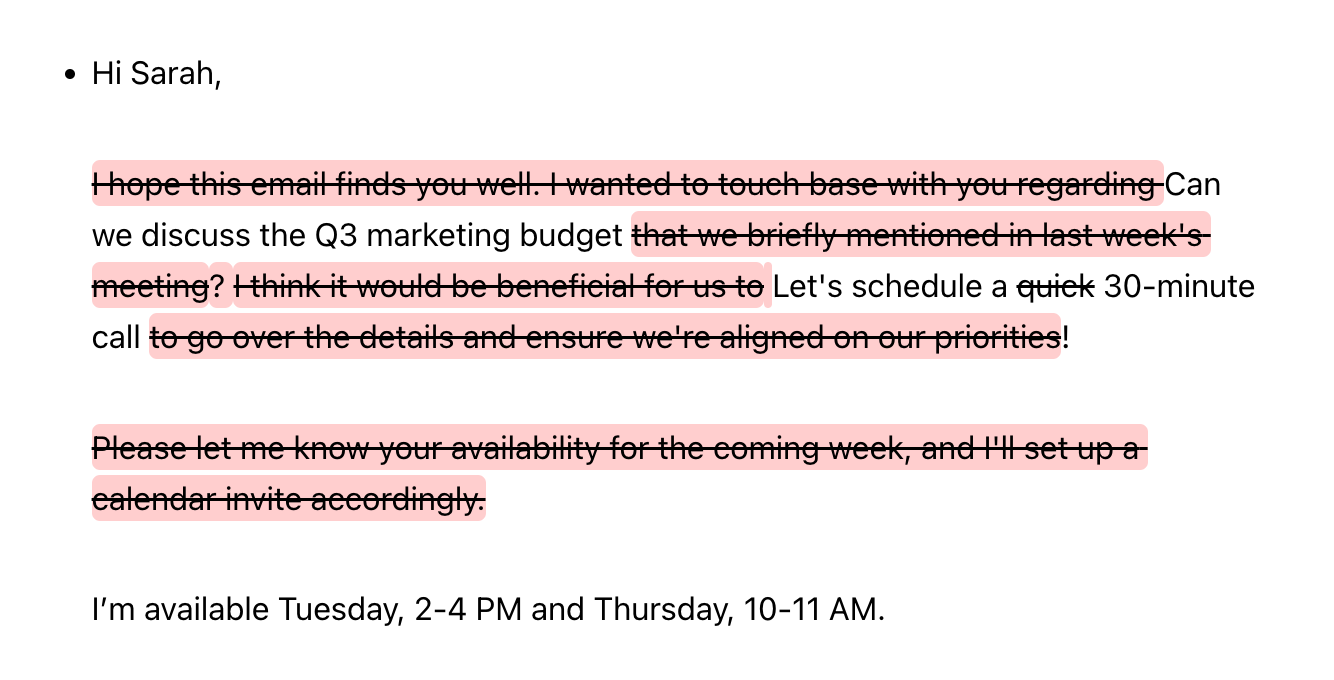Ever since watching my first Chris Rock special, Bring the Pain, I’ve been a huge stand-up comedy fan.
On the one hand, it’s a great form of entertainment. But also, I reckon it benefits my career too: after a long stressful week, laughter is the ultimate therapy.
That said…
While I’ve enjoyed it from the side-lines, the prospect of actually doing stand-up comedy was terrifying.
(If public speaking is scarier than death, what does that say about public joke-telling?)
And that’s when I realized…
If I was so scared of it, that meant only one thing:
I HAD to try it.
So that’s why, on a cold Thursday night in August last year, your ‘ol buddy Rohan trudged nervously into a hall for the first session in a 3 month block of a stand-up comedy course.
I’m not gonna lie…
Before most sessions… I was nervous.
Like, really nervous.
But by the end of the 3-months, it turned out to be an amazing experience. And what’s more, it also taught me some very valuable “nuggets” for our careers too.

And that’s what I want to share with you in today’s issue of Coached.
Let’s go.
🌪️ Get to the point. Quick!
All jokes are made up of two parts: a set-up, and a punchline. The set-up is what ‘sets up’ the joke, the punchline is when the audience laughs.
For example, a Steve Martin classic:
- Set-up: I like a woman with a head on her shoulders.
- Punchline: I hate necks.
(Notice how the set-up’s important. Just saying ‘I hate necks’ isn’t funny on its own. Even though it’s the part that makes people laugh.)
Now, here’s the thing to remember:
The goal of standup is to be as concise as possible with the set-up.
Because people’s attention spans are so low nowadays, if you start rambling, they’ll drift off and get lost for the punchline.

🗃️ A tale of two jokes
To show you what I mean, here’s two versions of a joke I just wrote off the top of my head.
(I know it’s pretty lame - I tried to come up with something career-related to stress my point!)
Version A:
- Set-up: "After a week filled with back-to-back meetings, I finally mustered up the courage to tell my boss that I was feeling completely overwhelmed with meetings and could really use some guidance on how to manage my time better..."
- Punchline: "He sent me a calendar invite for a 'Time Management' workshop"

Version B:
- Setup: I told my boss I was feeling overwhelmed with meetings.
- Punchline: He sent me a calendar invite for a 'Time Management' workshop.
(ba-dum-tshh)
Notice how the joke’s equally funny (if not more so) with a shorter setup. With the long setup, the unnecessary details just water it down.
Now…
What does this have to do with your career?
Well, short “set-ups” are just as important in the professional world, too.
Which leads me to my next point:
✂️ Trim the fat!
To be as efficient as possible with the “set-up”, you have to be as ruthless as possible about trimming the fat.
=> whenever we’re writing an email, or designing a presentation, ask yourself:
“Is this word / sentence / paragraph necessary?”
If the answer’s “no,” cut it!

Here’s a simple example of what I mean. I’ve trimmed the ‘fat’ with the struck out text:

The trimmed email looks like this:
- Hi Sarah,
Can we discuss the Q3 marketing budget? Let's schedule a 30-minute call!
I’m available Tuesday, 2-4 PM and Thursday, 10-11 AM.
I over-trimmed stuff to make my point. The earlier you are in your career, you need a couple more niceties, but drop them as you become more senior.
⏱️ Master the elevator pitch
Comics often need to explain their style in just a few seconds to land gigs. It's like the world's shortest, high-stakes elevator pitch.
In your career, you need this skill too. Can you summarize your project, your role, or even your entire career in 30 seconds?
Practice this. It'll come in handy more often than you'd think – whether you're networking, interviewing, or pitching ideas to senior leadership.

👣 Have your go-to moves ready
Watch any comedian do a set or interact with the audience and it looks effortless. They seem to naturally connect with strangers, making witty observations about people's jobs or relationships on the spot.
But here's the secret: most of it IS NOT improvised.
Experienced comedians have practiced crowd work routines. They know which questions reliably get interesting responses. They have backup lines ready when someone gives a boring answer. What looks spontaneous is actually carefully rehearsed.
The same principle applies to building professional relationships.
Instead of defaulting to talking about the weather, develop a few conversation moves that actually work in real situations. Some rough ideas:
- At work events: "This place is way fancier than I expected" or "Did you get stuck in that traffic mess outside?"
- With new colleagues: "Have you found a favorite food spot around here yet?" or "What's surprised you most about working here?"
- Industry events: "Are you presenting or just here to learn?" or "Any sessions you're looking forward to?"
A good pattern: start with an observation (or a strong opinion, like “I LOVE X about this, or “I HATE Y here!”) about the shared situation you're both in, then transition to something that gets them talking about their actual experience.
🌀 Catch the rambler
One area I really sharpened after I hung up my standup hat — a distinguished career, I know ;) — was my speaking.

Specifically, I started rambling less during conversation. I became much better at catching myself going off on a tangent, and getting back on topic.
So my advice?
Try to catch yourself when you start to ramble, too.
Especially in meetings. Chances are, your ramblings are far less interesting to the team than they are to you.

There's more I learned from stand-up that applies surprisingly well to our careers that I can share in a potential part 2. But tell me if I hit the mark with this one first.


